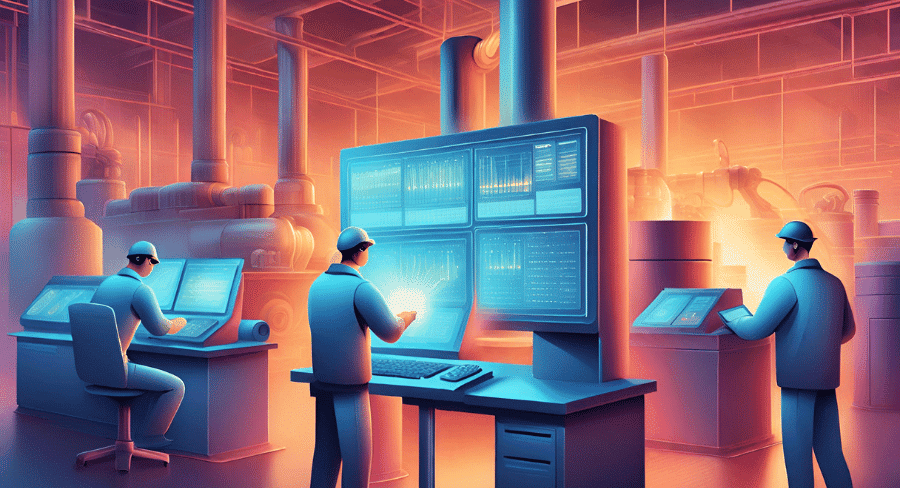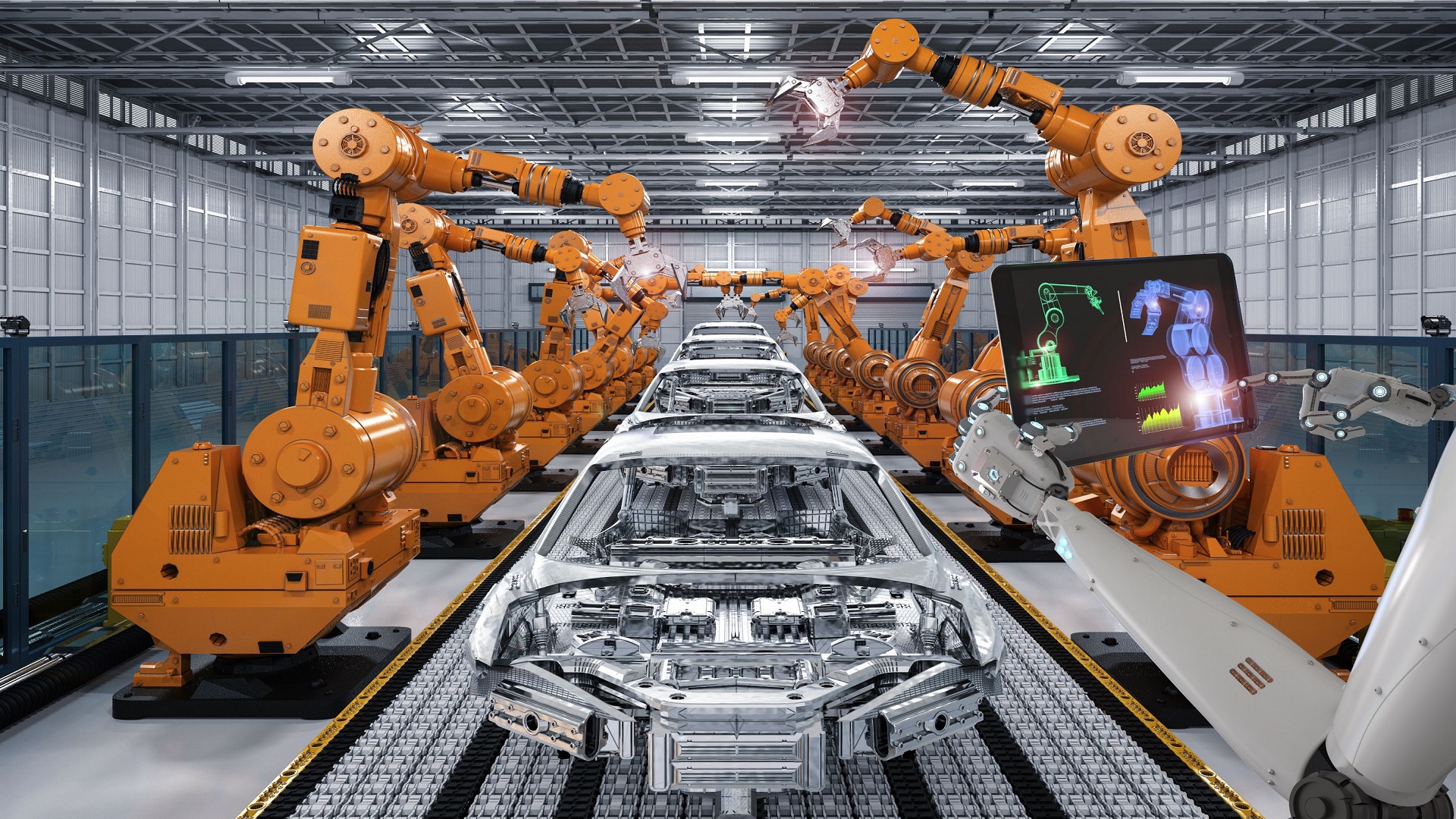
In a time marked by environmental issues and sustainable practices, the manufacturing industry significantly influences our planet’s future. In a compact city-state like Singapore, where space and resources are limited, the need for sustainability becomes increasingly urgent. Furthermore, implementing a carbon tax represents a crucial step toward sustainability. This tax will impact around 80% of greenhouse gas (GHG) emissions from about 50 facilities in various sectors, including manufacturing. Starting in 2024, Singapore will gradually raise its carbon tax from $5 per tonne to $25 per tonne. Then, between 2026 and 2027, it will increase to $45 per tonne, ultimately aiming to reach between $50 and $80 per tonne by 2030. This plan aligns with the Singapore Green Plan 2030.
As Singapore’s carbon tax increases, manufacturers are eager to adopt sustainable technologies and practices. This shift drives innovation within the industry. Moreover, this initiative supports global environmental goals and establishes Singapore as a leader in sustainable manufacturing. As a result, it sets a positive example for other regions. Additionally, utilizing software technologies is essential for optimizing resource efficiency and reducing emissions. By doing this, manufacturers can effectively achieve their sustainability targets.
Smart Factories and Digital Twins: Revolutionizing Manufacturing in Singapore
Singapore has made significant strides to become a global leader in adopting Industry 4.0. The government launched initiatives such as the “Smart Industry Readiness Index” to help businesses evaluate their Industry 4.0 maturity and implement relevant technologies. Additionally, the idea of “smart factories” focuses on integrating digital technologies to improve automation, efficiency, and sustainability. A crucial element of this transformation is the use of “digital twin” technology.
Digital twins are virtual replicas of physical manufacturing systems, and they are increasingly important in Singapore’s manufacturing sector. These virtual counterparts enable real-time monitoring and simulation of physical processes, which enhances efficiency and minimizes downtime.
Furthermore, Singapore’s adoption of smart factories and digital twins demonstrates how software technology promotes sustainable manufacturing practices. This technological shift boosted operational efficiency while also fostering a greener and more sustainable manufacturing ecosystem

Sustainable Supply Chain Management
Software technology plays a vital role in streamlining operations, cutting waste, and reducing the environmental footprint in manufacturing.
One significant area where software solutions make an impact is supply chain optimization. For example, Singapore’s Port of Singapore Authority (PSA) employs advanced software systems to manage the flow of goods efficiently. These systems enhance container handling and distribution, which decreases energy consumption and emissions. They also improve the tracking of goods, lowering the risk of overproduction and ensuring timely delivery of materials, ultimately minimizing waste.
In addition, software-driven demand forecasting and inventory management help companies cut excess inventory, resulting in less waste and lower storage costs. For instance, manufacturers can use software tools for real-time demand sensing, enabling them to adjust production schedules quickly to meet market demands. Furthermore, software-driven supply chain visibility and traceability ensure ethical and sustainable sourcing of materials. This aspect is especially important in industries like electronics and textiles, where transparency in raw material origins is crucial for achieving sustainability goals.
AI and IoT: Powering Sustainable Manufacturing
The Internet of Things (IoT) is transforming manufacturing towards sustainability. Sensors collect real-time energy use data, allowing manufacturers to pinpoint areas for improvement. This data is then used to optimize energy usage and cut costs.
For instance, S&T Engineering, a Singaporean aerospace company, uses IoT to manage energy in their facilities. This real-time monitoring and system optimization have significantly reduced their energy consumption and expenses.
AI-powered monitoring systems also play a key role. They can reduce energy and lighting demands by enabling fully automated, lights-out production facilities. Additionally, AI can manage investments in renewable and low-carbon energy systems, further boosting efficiency.

Singapore’s Sustainable Future
As Singapore pushes towards a greener future with Green Plan 2030, smart factory solutions are becoming increasingly common. Rising carbon taxes incentivize manufacturers to adopt more sustainable practices. This shift creates a more eco-friendly manufacturing ecosystem and strengthens Singapore’s position as an Industry 4.0 leader. Each software advancement paves the way for a more sustainable and environmentally responsible future in manufacturing.


